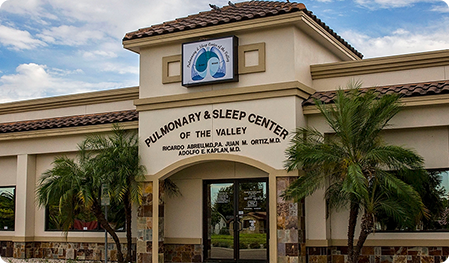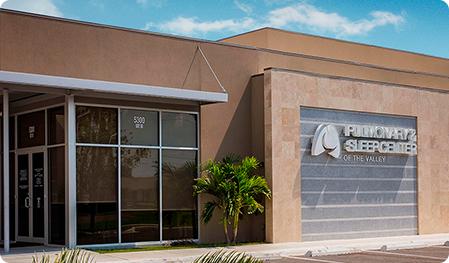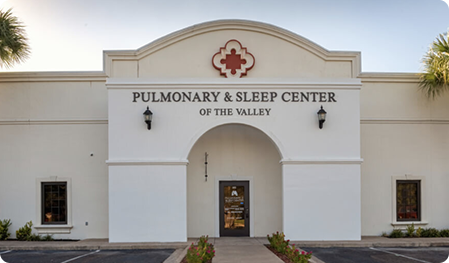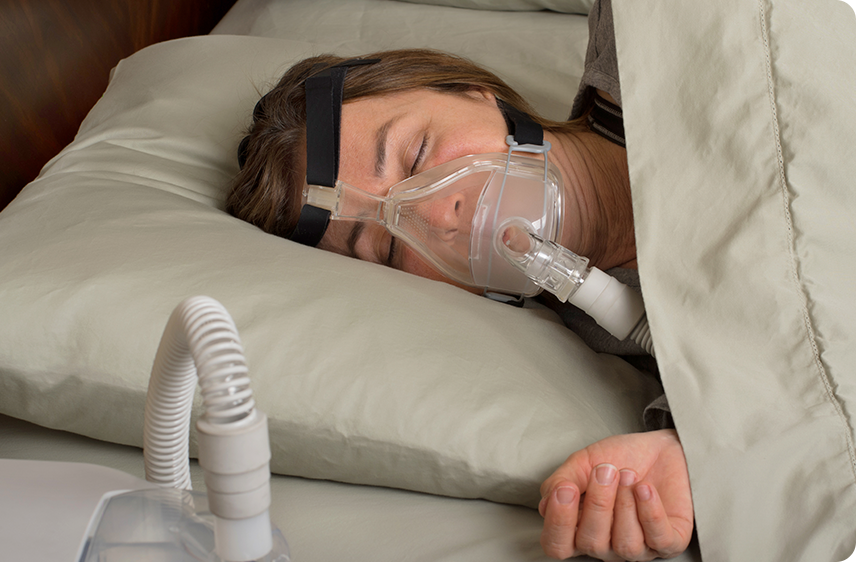How Do You Know If You Need ASV?
ASV is one treatment for certain sleep disorders. A sleep study at one of our accredited sites in Weslaco and McAllen can help you determine whether you have a sleep disorder and whether ASV might help. During these studies, which take place in our modern, safe, and secure sleep labs, your rest will be carefully monitored. Our sleep specialists will record your brain waves, eye movements, muscle activity, breathing effort and airflow, blood oxygen level, heart rate and rhythm, the duration of your stages of sleep, body positions, and movements of your arms and legs while sleeping. Once your sleep study is complete and has been scored, your sleep specialist will analyze the results to determine whether you require ASV or any other treatment for a sleep disorder.





